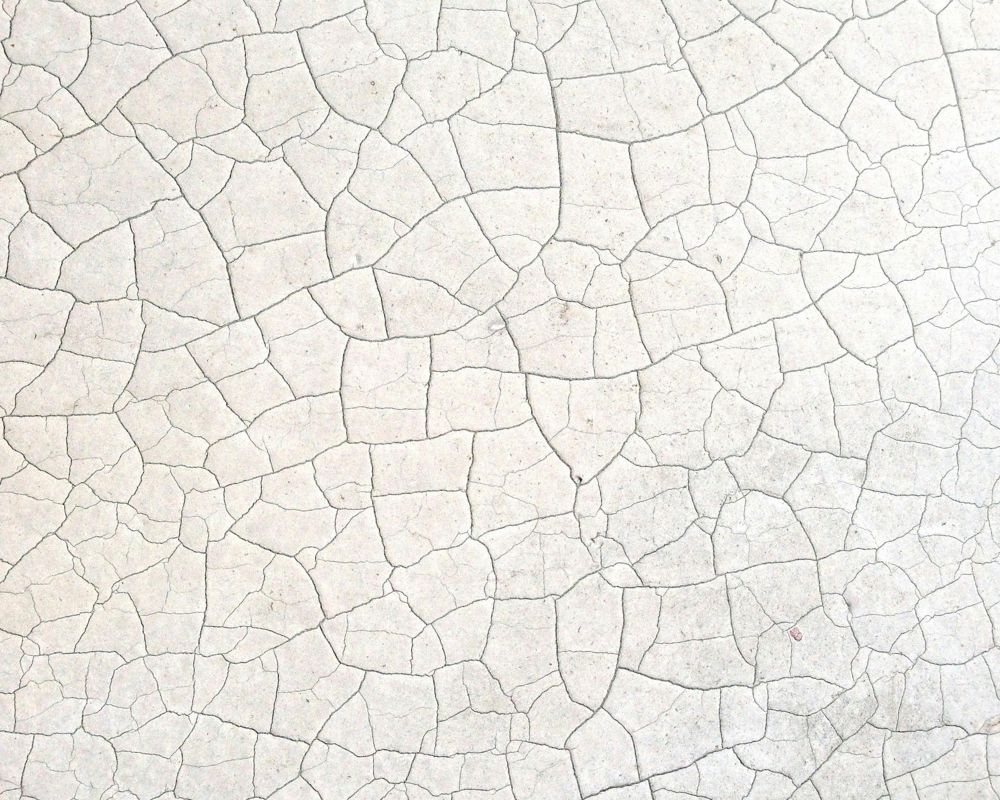Symptoms & Causes of Dry Skin on Your Face


We call New York home — and over the past few weeks we’ve had days that are bitterly cold, surprisingly sunny, and everything in between. It definitely hasn’t been for the faint of heart.
In our eyes, winter is a test for how adaptable the skin can be. Decreased sunlight exposure leads to fluctuating hormones, which impacts oil production and hydration. If your skin is somehow not aggravated by the winter season, we’d love to know your secrets. If you’re like the rest of us, you’re probably going through a similar skincare reckoning: feeling itchy, dry, flaky, and tight.
The good news is that our skin can exist in a balanced state, all year-round. This resilience can be reached by long-lasting routines rooted in deep hydration and skin barrier support.
Dry skin is uncomfortable. Fact. It can make you feel like regardless of what you do, there’s no way to replenish the deep dehydration and tightness you feel. Frustrating to both experience and to problem solve, the best way to ensure supple skin is to understand what’s really going on behind the scenes.
Scientifically recognized as xerosis, dry skin is a common condition characterized by a lack of moisture in the outer epidermis — also known as our skin barrier. An image of a brick and mortar wall may come to mind as the skin barrier quite literally forms a barrier made up of lipids like ceramides, fatty acids, and cholesterol to protect the skin and keep moisture in. Our skin’s ability to retain moisture also depends on natural moisturizing factors (NMFs) like hyaluronic acid and urea, which attract and retain water molecules.

So what happens when our skin barrier is compromised? Going back to the brick and mortar analogy, if the wall (aka our skin barrier) is compromised — it simply doesn’t protect the many layers of the skin effectively. In particular, a compromised skin barrier loses its ability to retain moisture, leading to transepidermal water loss (TEWL), or dehydrated skin. The result is skin that is dull, flaky, and easily irritated. A compromised skin barrier also allows irritants to penetrate, compounding stressors and triggering a state of low-grade inflammation.
There are many factors that trigger dry skin. It can be a result of shifts in seasons or a telltale sign that something is off-kilter internally — understanding and then targeting those triggers can inform just how you prepare your skin for any changes. The most common causes of dry skin include:
As with most skin conditions, we recommend truly understanding your skin type and identifying key stressors. This could look like independent research or a consultation with a dermatologist. Insight into your specific characteristics and triggers can make all the difference for effective, targeted treatment of frustrations like dry skin.
Naturally, your instinct for combating dry skin may be to moisturize. While this is helpful at a surface level, this approach combined with lifestyle shifts will make all the difference.
Dry skin saviors include:
Now that you’re equipped with tips on how to treat dry skin, maintaining a consistent routine will go a long way to strengthen your skin barrier and lead to a more supple, plump, and soft complexion.